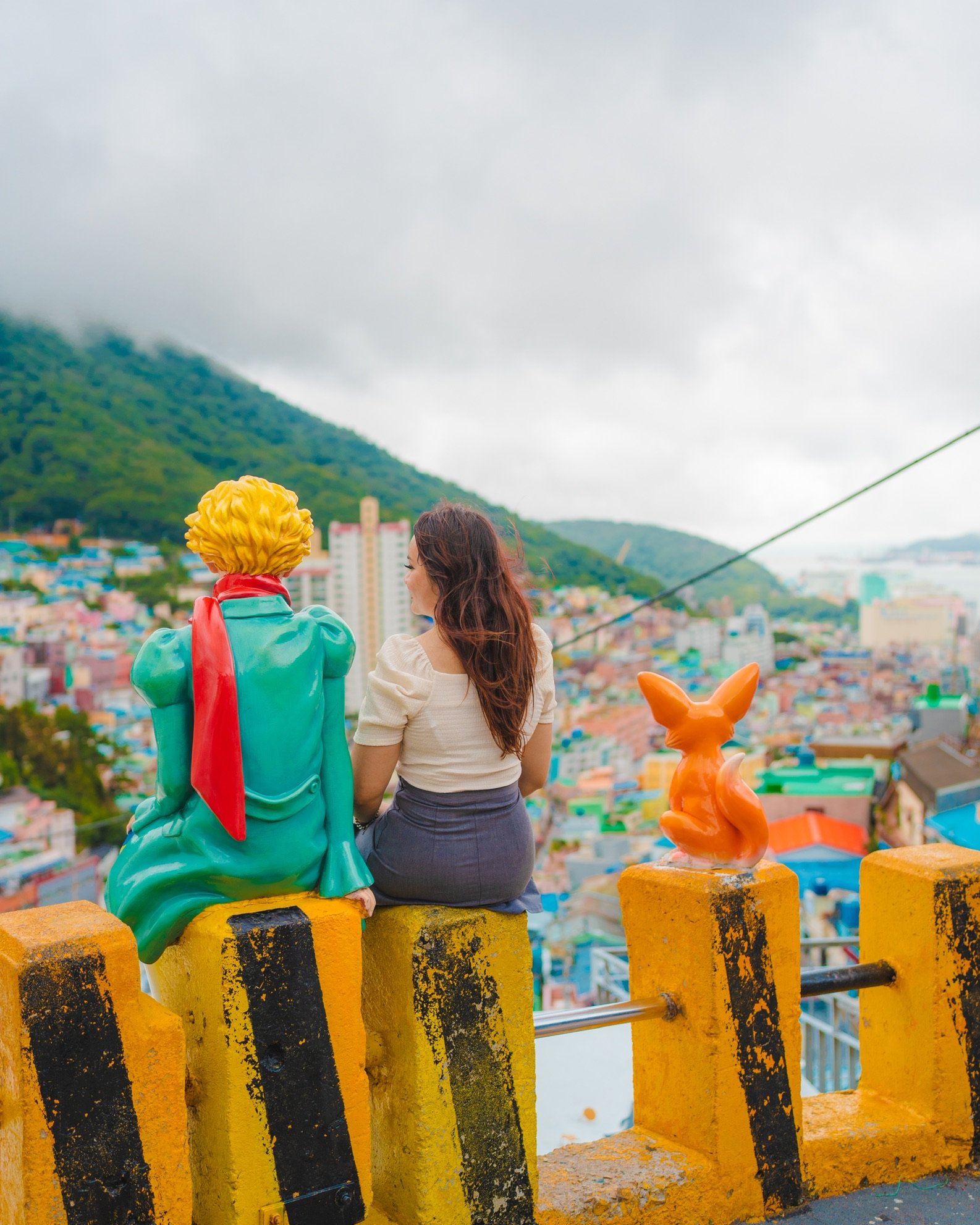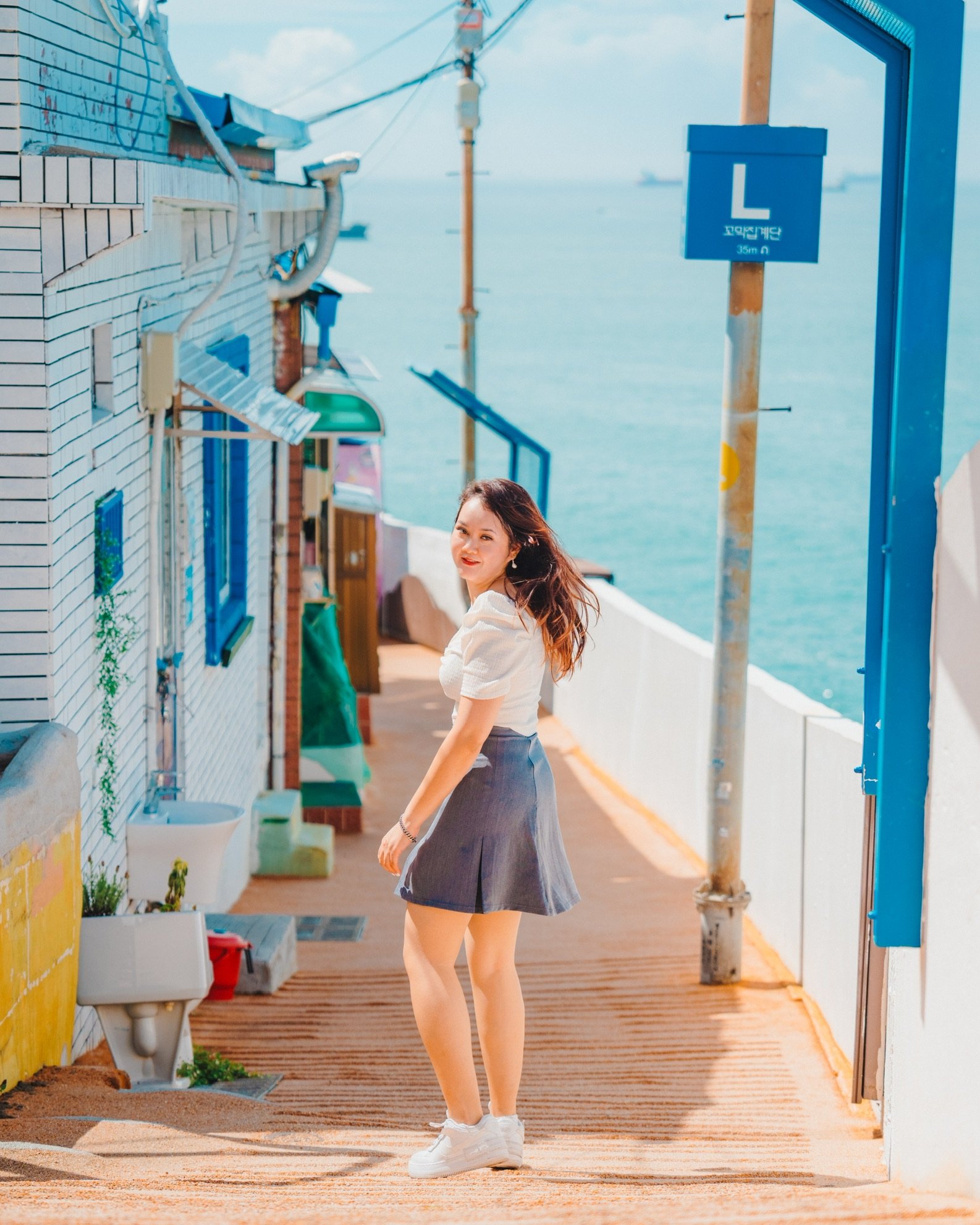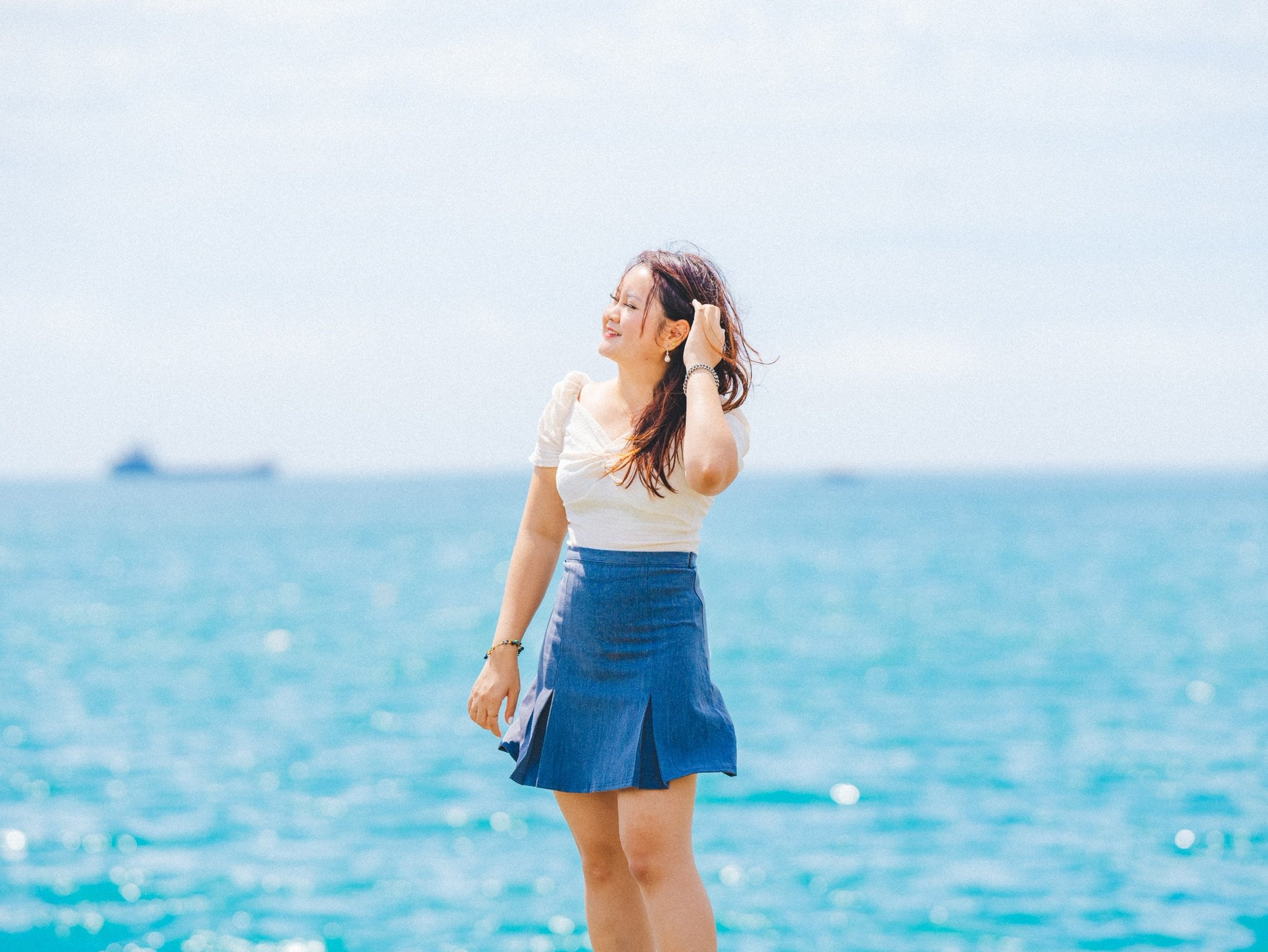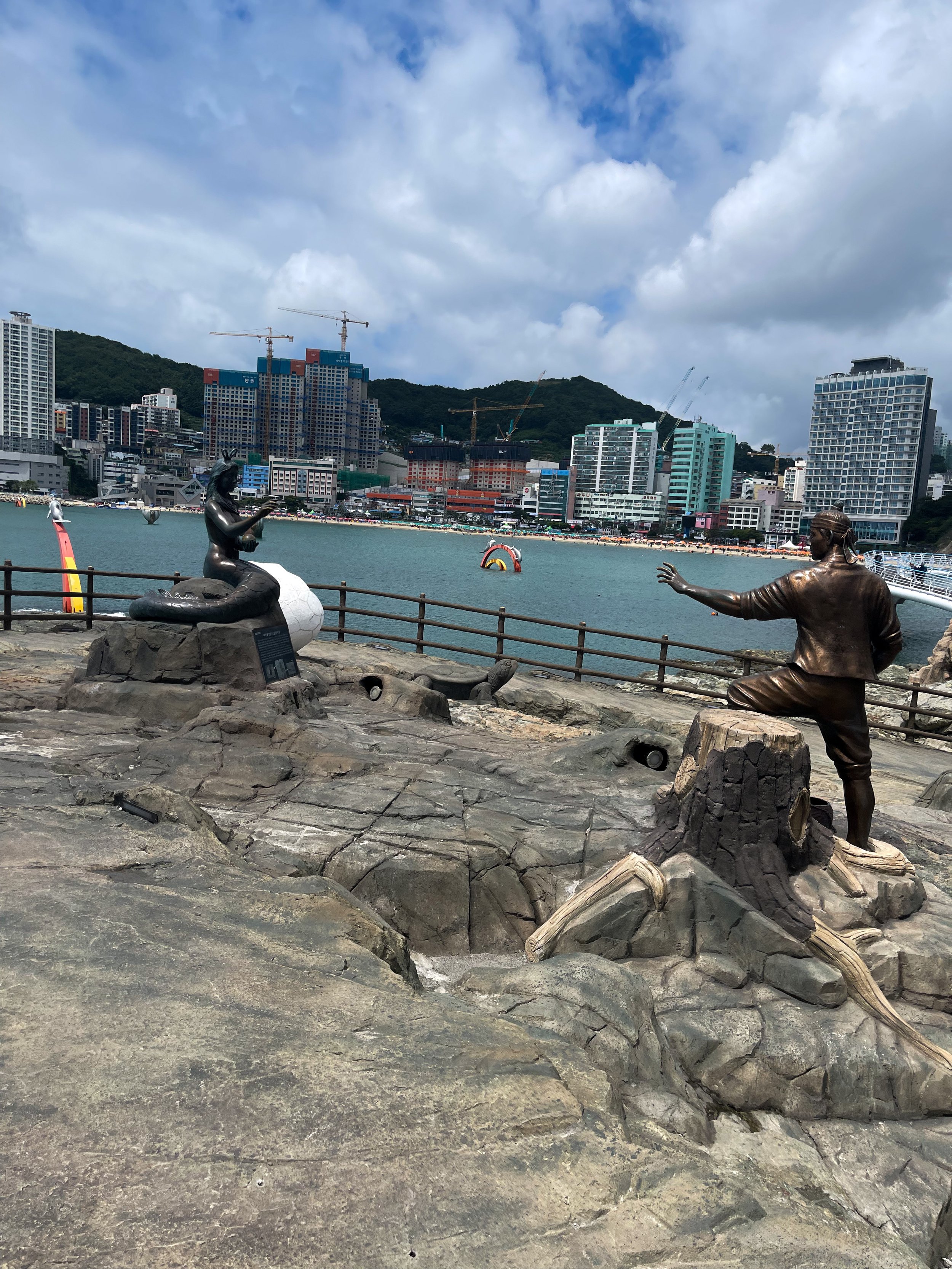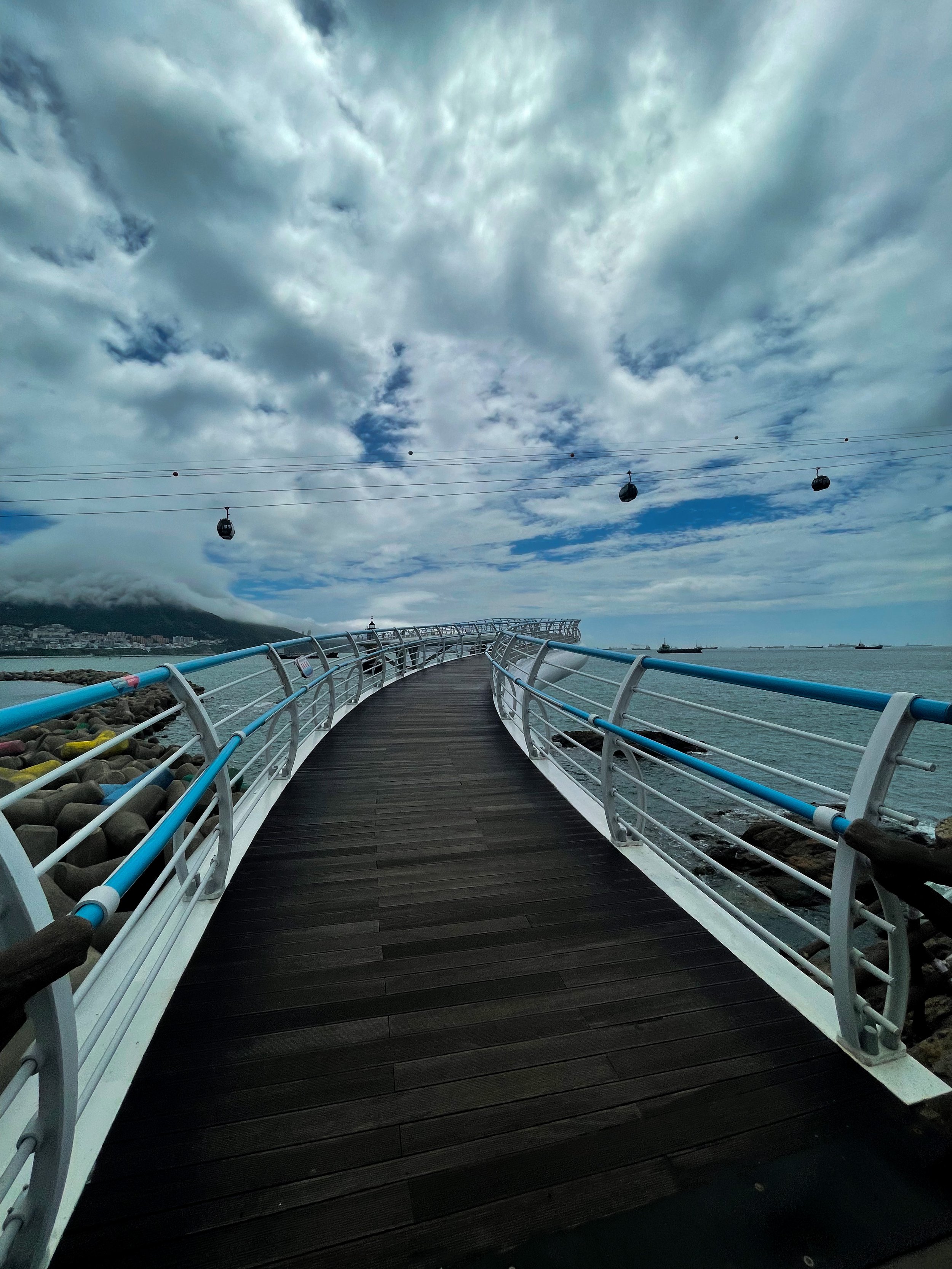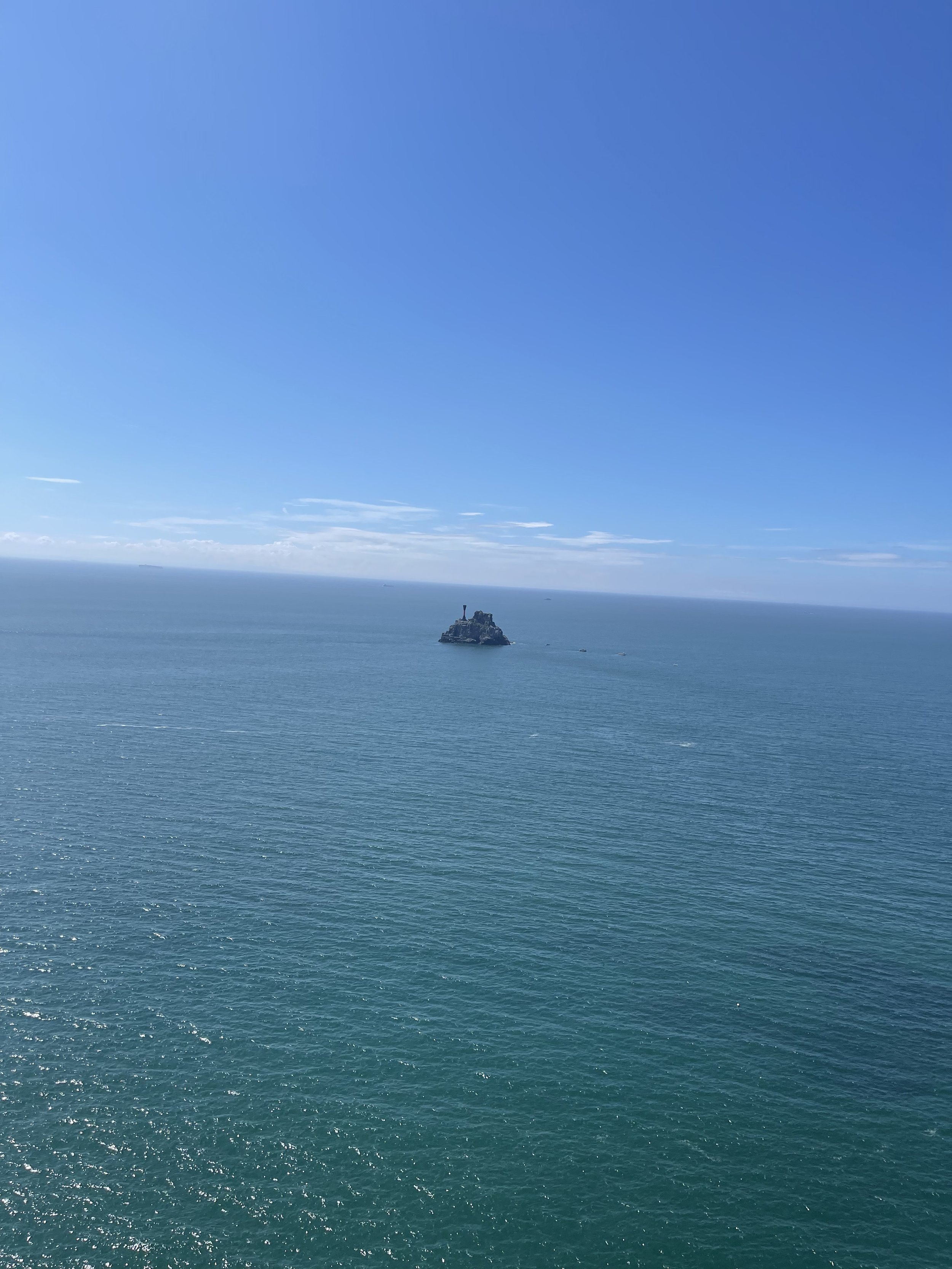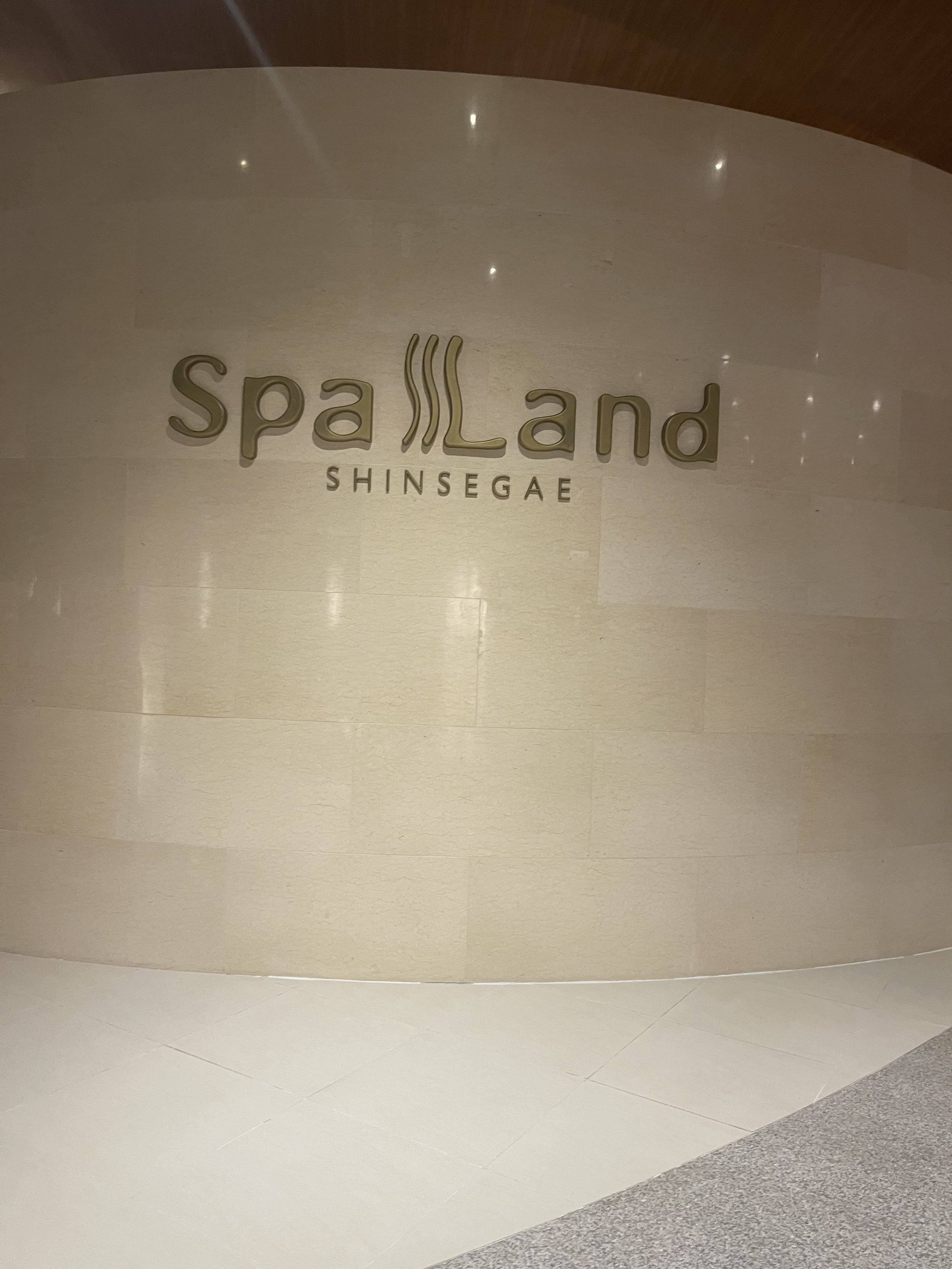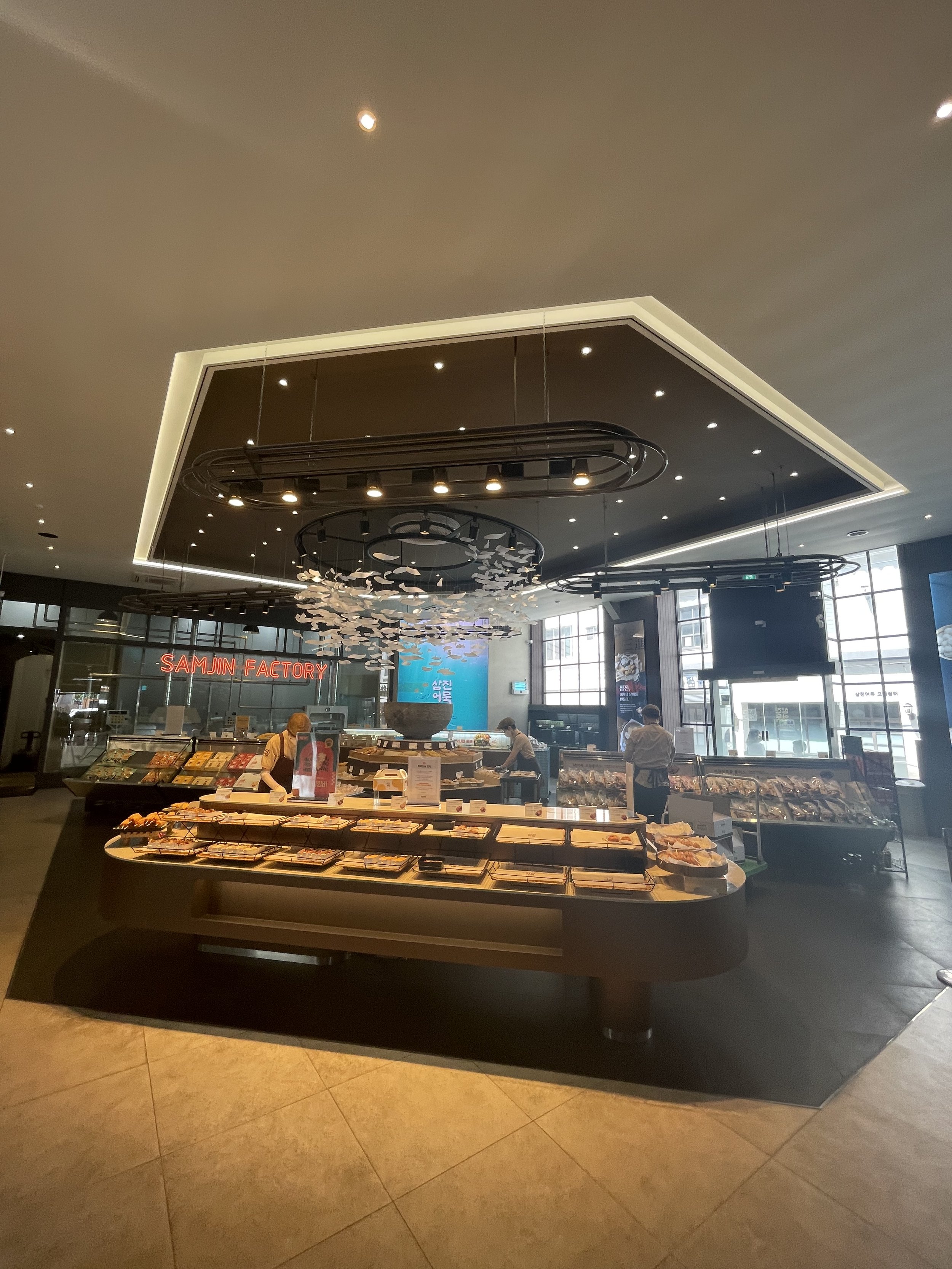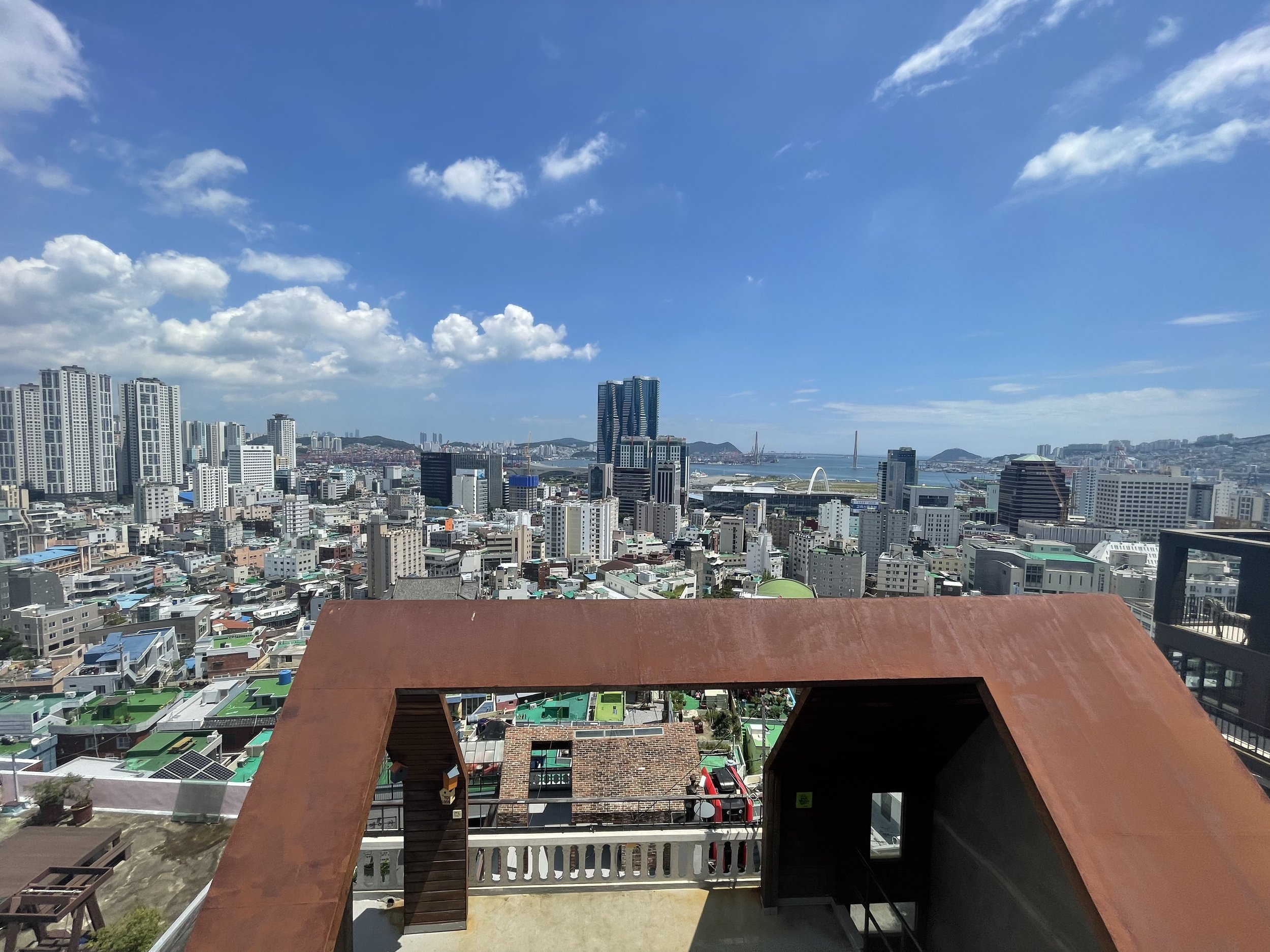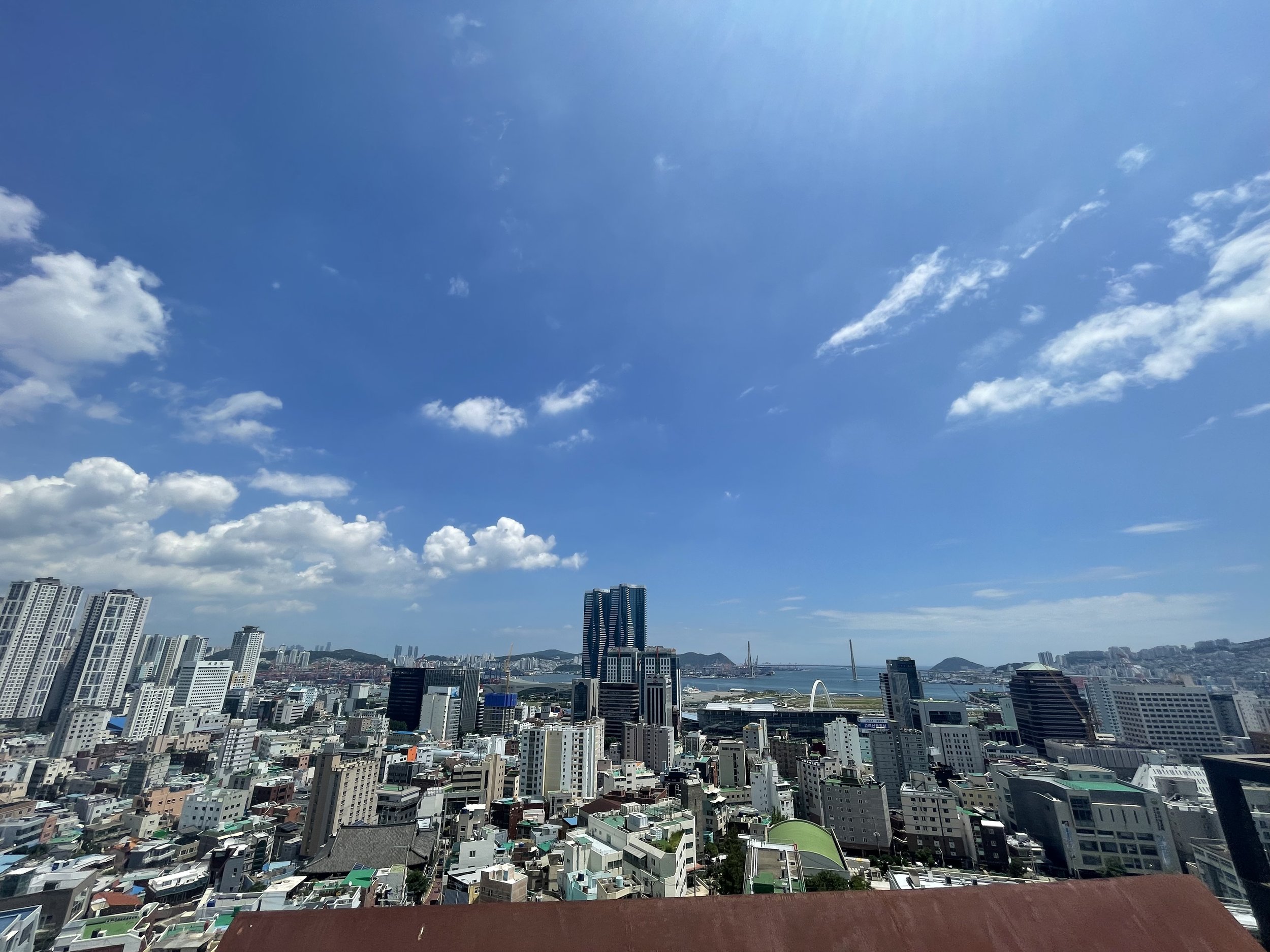Top 10 places to visit in Busan, South Korea
Located at the southern tip of the Korean peninsula, with over 3.6 million people, Busan is South Korea's second largest city and is known for its beaches, local seafood and events such as the city's renowned international film festival.
Here are some tips on where to go for 3 days in Busan!
1. Busan Gamcheon Culture Village
Nestled into the side of a mountain, this place was established during the Korean War period and since 2010 was transformed into an art cultural Lego-like village.
Remember to visit The Little Prince and Fox contemplating the landscape!
2. Songdo Beach
Probably blue is the color that people think of about Busan thanks to its amazing beaches and breathtaking ocean views, there are 2 lovely beaches I visited during my visit in Busan.
Songdo Beach is a man-made beach in Busan, South Korea. It was created in 1913. The name "Songdo" was given due to the thick pine forest covering the island.
3. Haeundae Beach
Haeundae Beach is well known for its white sand, a beautiful coastline, and making it perfect for swimming. People flock to Haeundae Beach every summer. The beach is laden with rows of lights and lights designed as castle, trees and love signs.
So the story goes that there was a beautiful mermaid who rescued a fisherman and falls in love with him. However, due to the fact that she was unable to survive out of water for long, to live with him, she turns into a bubble and dies in the end.
4. Songdo Sky Walk
The sky walk at Songdo Beach provides a great view of the beach and the nearby cable cars going in the sky.
5. Taejongdae
Taejongdae is a unique combination of blue ocean, abutting cliffs and thick forest.
6. Haedong Yonggungsa
With a 15-20 minutes walk up to reach the temple gate, the most beautiful temple located at the sea shore cliff is seen easily.
A Korean tradition at the temple is to buy a candle that is in the shape of a deity, write your name, your date of birth and wish. Next, pray out facing the sea and it’ll come true!
7. Lotte Department Store Busan Main
Possibly the best place to see the magnificent sky view of the entire city of Busan. The sunset view is most stunning.
8. Shinsegae Centum City Spa Land 신세계 센텀시티 스파랜드
Address: 35, Centumnam-daero, Haeundae-gu, Busan
Admission: 6:00-23:00 (Last admission: 22:00)
Cost: Adult (Weekdays / Weekend & Public Holidays): 17,000 won / 20,000 won.
Student of Age 8-18 (Weekdays / Weekend & Public Holidays): 13,000 won / 16,000 won.
Spa Land Centum City is a large, modern jjimjilbang (Korean-style sauna/spa) located inside Shinsegae Department Store Centum City.
Spa Land has a variety of themes for its many steam and sauna rooms, hence it is friendly for both solo travelers or family.
In addition, customers can take the snacks and eat them all around the bathhouse. There is a restaurant and cafe run by chefs from the Westin Chosun Hotel.
9. Goraesa Eomuk Haeundae
Address: 14 Gunam-ro, Haeundae-gu, Busan, South Korea
Hours: Open ⋅ Closes 9:30 pm
Prices: 500-5,000 won
When in Busan, you have to try its Busan eomuk (fish cake), which is an iconic food in Busan. The popularity of the food is related with the modern history of Busan where it was once a bustling maritime city.
Fish cake was originated from oden in Japan, a popular food since the Edo period. Because of how close Busan was to Japan, Busan served as primary gateway to the Japanese food culture during the Japanese occupation period. Fish was also the major ingredient of fish cake which was abundant in this maritime city.
Goraesa Eomuk Haeundae store is very popular store with locals and tourist. Firstly, it is very close to Haeundae beach and you can walk to it.
Food is mostly Odeng items, which is Koreanied Japanese food. The locals call it Amuk. If you're looking for a quick bit to eat, this place is perfect. You can choose from so many different kind of fish cakes and heat it up at the microwave.
This place is also excellent for souvenir gifts. There is also a short history of the fish cake and Busan as a maritime history.
10. 168 Stairs
Address: South Korea, Busan, Dong-gu, Yeongcho-gil, 191
The stairs are known to be as tall as a 6-story building and have exactly 168 steps.
In the past, there used to be 3 wells located at the bottom of the stairs, which locals would wait in line to draw water when there was insufficient water, but now, there is only one well with drinking water.

